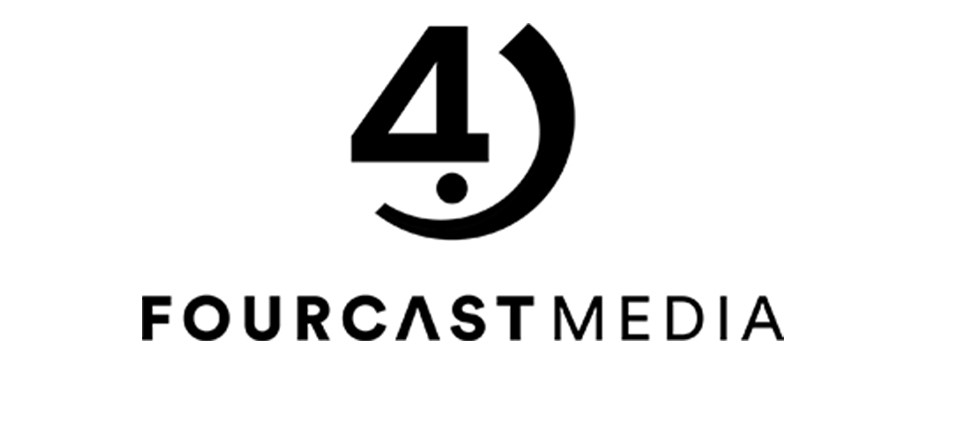Twitter users woke up to a surprise on Friday morning as they found themselves unable to engage with posts containing links to Substack articles. The social media platform began blocking retweets, likes, and other forms of engagement with Substack links, as well as preventing users from pinning posts with Substack links to the top of their profiles. The restriction was reported to have started sometime between Thursday evening and Friday morning.
The timing of this move has raised eyebrows, coming just a day after Substack launched its own Twitter-like Notes product. This has led to speculation that the move was a retaliatory one by Elon Musk’s company. While there is no official statement to confirm or deny this speculation, it has sparked debate about the power of big tech companies in controlling the distribution of content and information.
Embed from Getty ImagesIn response to Twitter’s restrictions, Substack founders Chris Best, Hamish McKenzie, and Jairaj Sethi released a statement expressing their disappointment at the decision. They emphasized that writers should have the freedom to share links to Substack or anywhere else, and called for a model that rewards great work with money and protects the free press and free speech.
The move by Twitter has drawn criticism from several quarters, with many accusing the social media platform of censorship. Others have pointed out that this is just one example of the growing power of big tech companies to shape the public discourse, and the need for alternative platforms that are more democratic and decentralized.
The debate around the power of big tech companies is likely to continue in the coming weeks and months, with many calling for greater regulation and transparency in how these companies operate. The restriction of Substack links on Twitter is just one small part of a larger conversation about the future of the internet and the role that big tech companies will play in shaping it.

